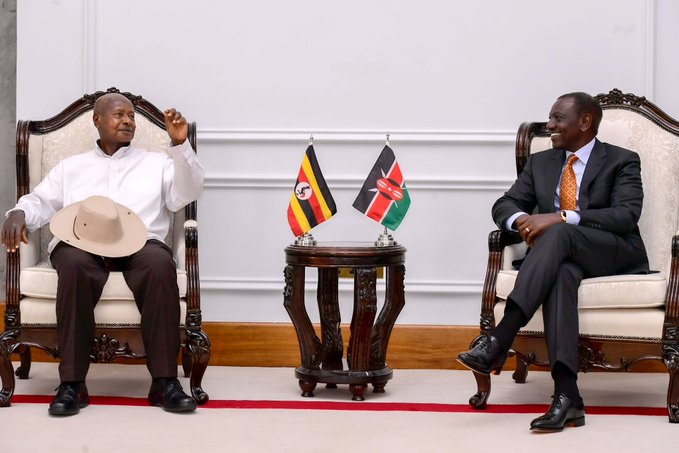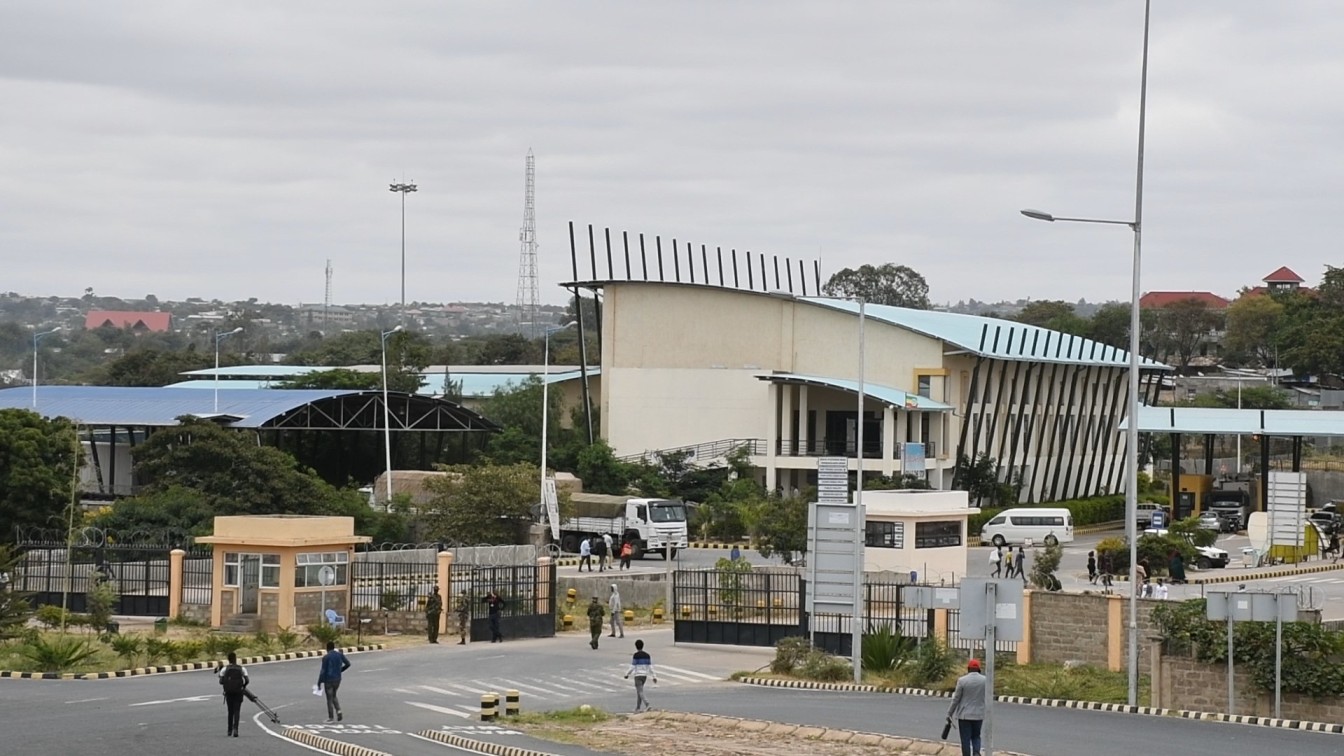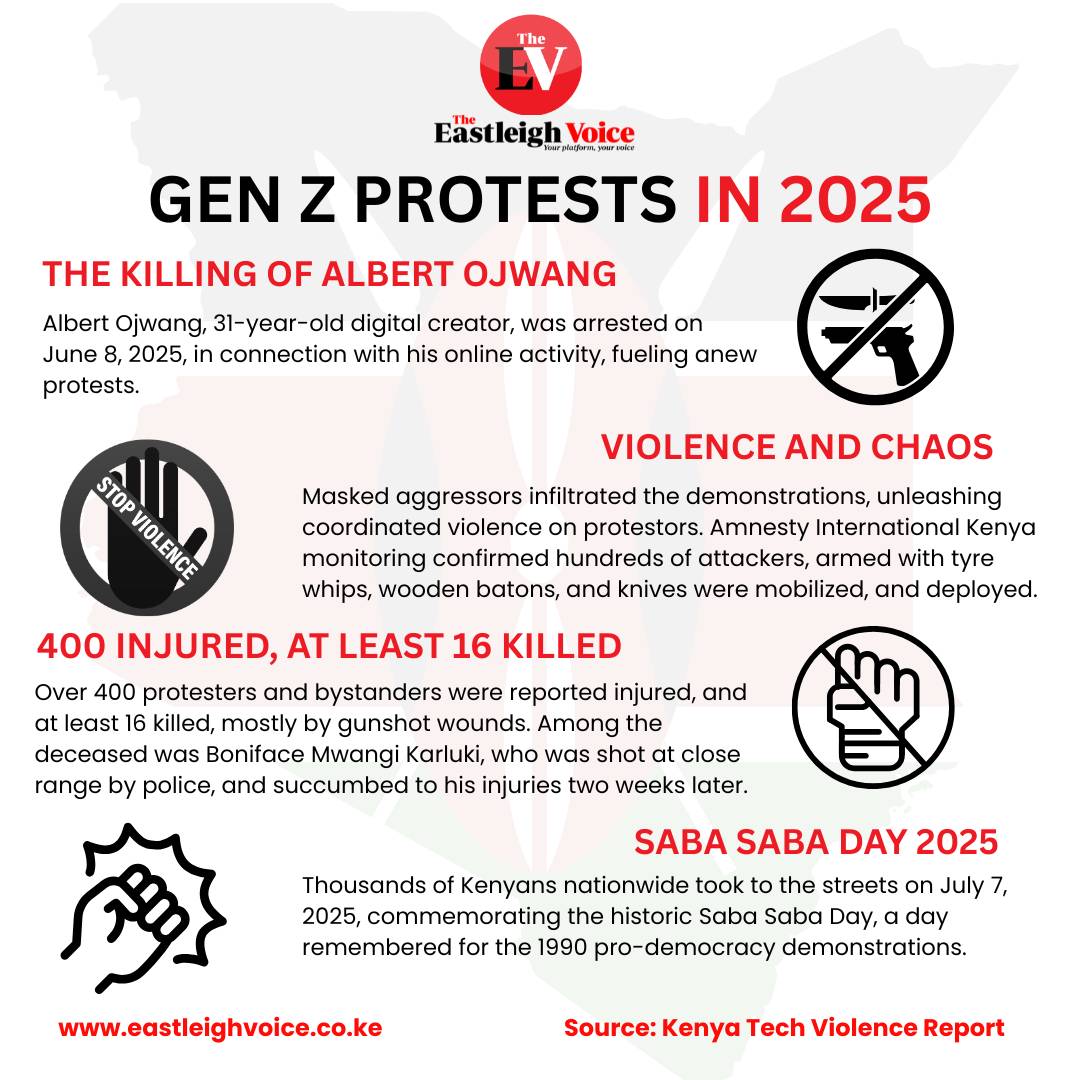Rising charges for permits, passports push non-tax revenue to record levels

According to the National Treasury, the surge was driven by higher charges for work permits, passports and national identification replacements, pushing non-tax revenues to record levels.
Over Sh29 billion in revenue from government service fees helped cushion the exchequer in the first quarter of the 2025/26 financial year, even as tax collections fell short of expectations.
According to the National Treasury, the surge was driven by higher charges for work permits, passports and national identification replacements, pushing non-tax revenues to record levels.
More To Read
- KRA announces major overhaul of tax filing and payment system starting January 2026
- Auditor General flags Sh170 billion revenue shortfall for FY 2023/2024
- Fuel levy hike pushes KRA’s road levy collections to record Sh119.7 billion
- KRA surpasses revenue target, collects Sh2.57 trillion in FY 2024/25
- MPs reject proposal granting KRA unrestricted access to taxpayers’ mobile money, bank data
- KRA to deregister over 20,000 businesses for VAT non-compliance and tax evasion
Appropriations in Aid (A-I-A), the money collected by ministries, departments, and agencies from the public for services they provide, rose by Sh29.5 billion to Sh136.1 billion, up from Sh106.6 billion in the same period last year. The growth supported a marginal rise in overall government revenue despite Kenya Revenue Authority (KRA) missing its tax collection targets by more than Sh80 billion.
“The revenue collection was below target by Sh83.6 billion. This performance is attributed to underperformance recorded in ordinary revenue of Sh90 billion,” reads the Treasury report.
“The ministerial A-I-A collected amounted to Sh136.1 billion against a target of Sh129.8 billion, Sh6.4 billion above the target. The performance of A-I-A translated to a growth of 27.7 per cent.”
The Treasury had expected that boosting non-tax revenue through higher charges would generate sufficient funding to support government agencies and departments, reducing their dependence on the strained exchequer. A-I-A and investment income were the only revenue sources to surpass their targets during the quarter, though the gains were not enough to offset shortfalls in tax revenue and grants.
The government had projected Sh4.4 billion in grants over the three months but received only Sh2.9 billion, just over half of the expected amount. The Treasury attributed this to a global decline in official development assistance from wealthy countries and donors.
Overall, the government raised Sh709.6 billion in revenue during the quarter, a modest 1.7 per cent increase from last year’s Sh697 billion, but below the expected Sh793.2 billion — a 10 per cent shortfall.
KRA collected Sh562.1 billion in taxes against the projected Sh655.8 billion, missing targets for PAYE, other income taxes, VAT, excise duty, and customs duties. The largest gaps were in payroll and corporate income taxes, reflecting weaker-than-expected performance in companies and the labour market.
The tax authority collected Sh136.6 billion in PAYE out of the targeted Sh148.8 billion, Sh116 billion in other income taxes against Sh168.9 billion, and Sh73.8 billion of a planned Sh81.7 billion. It also missed targets for import duty by Sh768 million, VAT by Sh13.2 billion, and international trade taxes by Sh783 million.
Investment income from State corporations was the only ordinary revenue source to exceed its target, generating Sh10.5 billion against a forecast of Sh6.8 billion, surpassing expectations by Sh3.7 billion.
The Treasury said the rise in A-I-A collections, largely driven by fees for permits, passports, and IDs, was intended to reduce the dependence of government agencies on the already strained exchequer. While the strategy helped increase funding, it was insufficient to fully offset the drop in tax and grant revenue.
Top Stories Today











































